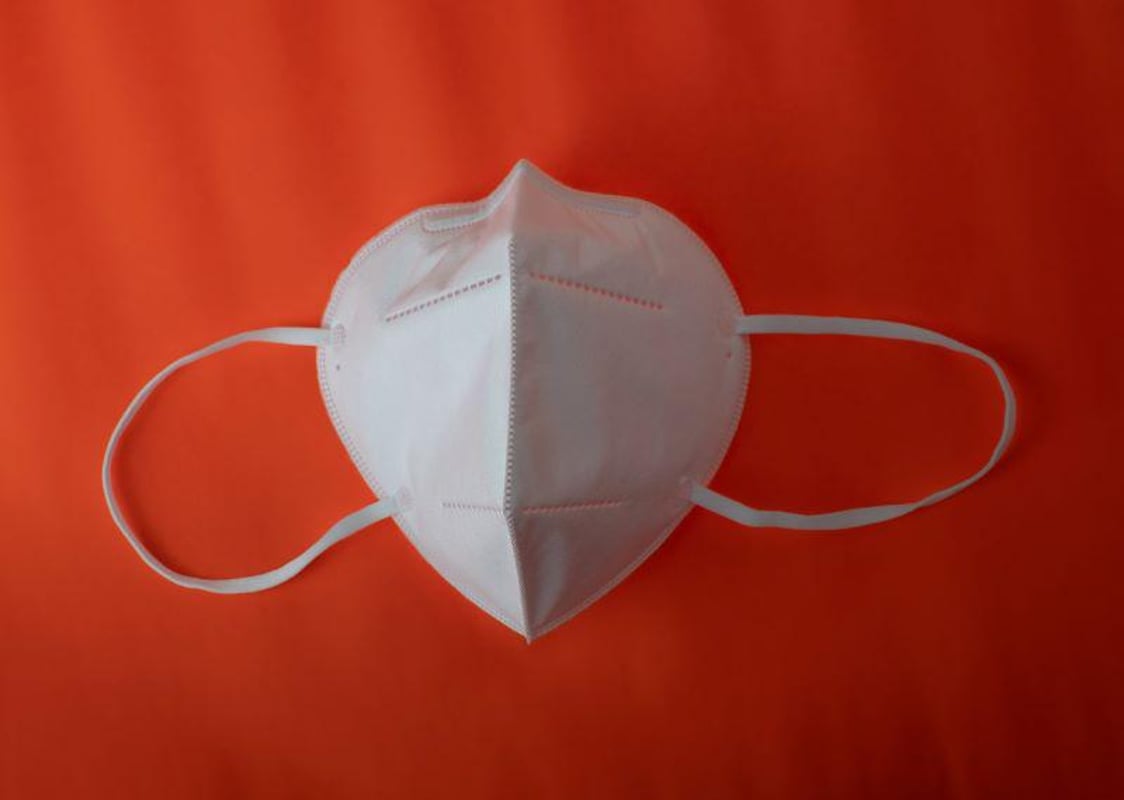N95 Respirators Can Be Reprocessed Using Vaporized Hydrogen Peroxide

WEDNESDAY, Jan. 12, 2022 (HealthDay News) -- Reprocessing of N95 respirators using vaporized hydrogen peroxide (VHP) is safe and does not impair respiratory integrity or filtration efficiency, according to a brief report published online Jan. 5 in the American Journal of Infection Control.
Christina F. Yen, M.D., from Beth Israel Deaconess Medical Center in Boston, and colleagues examined whether repeated VHP reprocessing would affect the integrity of N95 respirators as defined by qualitative and quantitative fit and filtration efficiency over 25 reprocessing cycles.
The researchers found that all reprocessed N95 respirators met the primary end points of function and effectiveness. The respirators passed 25 user seal checks and eight quantitative and four qualitative fit tests; filtration efficiencies remained at 95 percent or higher. The initial filtration efficiency was 100 percent for particles between 0.3 and 0.375 µm and 99.95 percent for those 0.3 to 10 µm in diameter; at cycles 20 and 25, the mean filtration efficiency was 99.9 and 99.6 percent, respectively, for particles between 0.3 and 10 µm. Compared with initial filtration efficiency, there was no statistically significant change seen in filtration efficiency for cycle 20 or cycle 25.
"VHP reprocessing appears to be a safe, viable means to augment N95 respirator supply in future epidemics," the authors write. "However, successfully implementing large-scale reprocessing requires multidisciplinary teams to ensure disinfection efficacy and end-user safety, as well as significant logistical support."
Abstract/Full Text (subscription or payment may be required)
Related Posts
Celebrities’ Social Media Promotes Junk Food, Often for Free
THURSDAY, Jan. 13, 2022 (HealthDay News) -- Images of people eating and drinking...
Neurologists’ Group Issues New Treatment Guidelines for Early Parkinson’s
FRIDAY, Nov. 19, 2021 (HealthDay News) -- Guidelines for treating movement...
Depression Can Be a Killer for People With MS
THURSDAY, Sept. 2, 2021 (HealthDay News) -- Depression and multiple sclerosis...
Half of Americans Live With Legacy of Childhood Lead Poisoning
TUESDAY, March 8, 2022 (HealthDay News) -- If you were born before 1996, there's...
